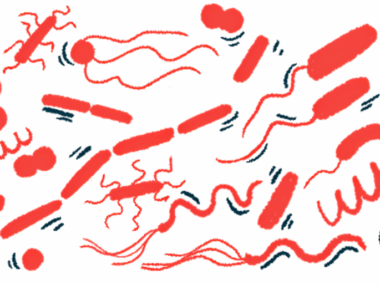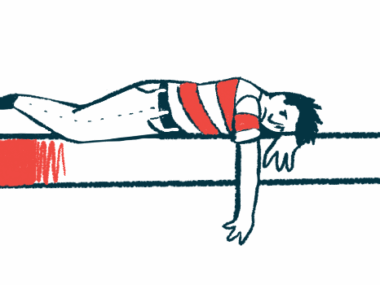Does Your Care Team Include Advanced Practice Providers?
For many Parkinson's patients, APPs play a crucial role in providing care
Written by |

What is an APP?
Advanced practice providers are highly educated healthcare professionals with advanced degrees and rigorous clinical training. We know them primarily as physician assistants (PAs) and nurse practitioners (NPs). As clinicians, they play a vital role in the ever-changing and evolving healthcare system.
APPs may provide many patient care services, such as conducting examinations, ordering tests, prescribing medications, educating patients and their families, and performing some procedures, depending on their credentials and the state in which they practice. They’re an integral part of patient care teams and can help meet the needs of growing patient communities.
For example, APPs can help ease the burden created by the shortage of neurologists and movement disorder specialists. Their knowledge and services enable many Parkinson’s patients like me to receive quality care.
As a patient community, we must facilitate change
I recently found myself in a webinar for advanced practice providers hosted by the Parkinson & Movement Disorder Alliance. While the webinar was not intended for patients, facilitator and family nurse practitioner Kelly Papesh graciously invited me to stay to provide my perspective as a person living with Parkinson’s disease.
As I shared my experiences with APPs in clinical settings, I explained that many Parkinson’s patients have APPs on our care teams. However, many of us may not realize how we can use their full potential. As the captains of our healthcare teams, we must educate ourselves about APPs’ roles and credentials so that we can advocate for ourselves and others in the Parkinson’s community.
What are PAs and NPs?
Let’s start with a few facts from the American Academy of Physician Associates, the national professional society for PAs.
- PAs are “licensed clinicians who practice medicine in every specialty and setting. Trusted, rigorously educated and trained healthcare professionals, PAs are dedicated to expanding access to care and transforming health and wellness through patient-centered, team-based medical practice.”
- There are approximately 159,000 PAs in the United States.
- In the U.S., PAs engage in more than 500 million patient interactions each year.
And following are a few facts from the American Association of Nurse Practitioners, the national professional society representing NPs.
- “Autonomously and in collaboration with health care professionals and other individuals, NPs provide a full range of primary, acute and specialty health care services.”
- Americans make more than 1.06 billion visits to NPs each year.
- There are more than 355,000 licensed NPs in the U.S. As of May 2020, more than 211,280 were practicing.
PAs vs. NPs
While PAs and NPs share some similar responsibilities, their roles differ in several key ways.
As the Massachusetts College of Pharmacy and Health Sciences website notes, training is one of the biggest differences between these two professions. Like doctors, PAs follow a medical model that focuses on diagnosing and treating diseases. NPs, on the other hand, follow a nursing model, which focuses more on caring for patients while they’re being tested and treated for a disease.
While PAs and NPs may practice in various clinical settings, their path to a specialty generally varies. PAs train in general medicine, so they can practice in almost any field and switch specialties without additional certification. NPs typically have an area of concentration in their training, so they’ll need additional training to move to another specialty.
In terms of how they practice, PAs usually work collaboratively with physicians, while NPs can work autonomously in states that allow them independent prescriptive authority.
So when an APP greets you, say hello, but also ask questions, learn something about their profession, and surprise them with a fun fact. Most importantly, say, “Thank you.”
As for me, I will thank my favorite PA: my son Adam. Join our forums to thank the APPs on your care team.
Note: Parkinson’s News Today is strictly a news and information website about the disease. It does not provide medical advice, diagnosis, or treatment. This content is not intended to be a substitute for professional medical advice, diagnosis, or treatment. Always seek the advice of your physician or another qualified health provider with any questions you may have regarding a medical condition. Never disregard professional medical advice or delay in seeking it because of something you have read on this website. The opinions expressed in this column are not those of Parkinson’s News Today or its parent company, Bionews, and are intended to spark discussion about issues pertaining to Parkinson’s disease.




Leave a comment
Fill in the required fields to post. Your email address will not be published.